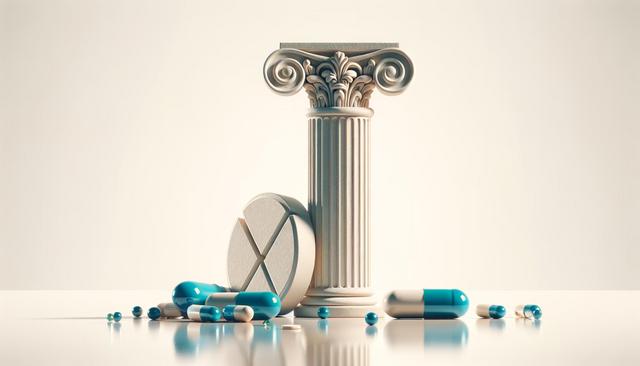What is Erectile Dysfunction?
Erectile dysfunction, often referred to as impotence, is the inability to achieve or maintain an erection sufficient for satisfactory sexual performance. While occasional difficulty with erections is normal, persistent issues may indicate an underlying problem that requires attention. Erectile dysfunction can occur due to a variety of physical and psychological factors, including cardiovascular disease, diabetes, hormonal imbalances, anxiety, and stress. Understanding the root causes is essential for effective erectile dysfunction treatment and management.
This condition is more common with age, but it is not an inevitable part of aging. Many younger men also experience erectile dysfunction, and it can significantly impact their confidence and relationships. Addressing the issue early on with appropriate medical support can improve both sexual health and overall quality of life.
Common Treatment Options
There are several erectile dysfunction treatment methods available, depending on the cause and severity of the condition. Oral medications are among the most widely used options and work by improving blood flow to the penis. Commonly prescribed medications include:
- viagra
- sialis
- levitra
These medications are generally safe and effective for many men, although they may not be suitable for those with certain health conditions or who take specific medications. It’s important to consult a healthcare provider to determine the most appropriate treatment and to discuss possible side effects.
For those who do not respond to oral medications, other options include injection therapy, which involves injecting medication directly into the penis to stimulate an erection, and vacuum pumps, which use suction to draw blood into the penis. These methods can be effective alternatives for men who prefer non-oral treatments or who have not had success with pills.
Lifestyle and Health Factors
Improving overall health is a key component of managing erectile dysfunction. Since the condition is often linked to broader issues within men’s health, such as obesity, high blood pressure, and diabetes, making positive lifestyle changes can have a significant impact. Some helpful strategies include:
- Maintaining a healthy weight
- Exercising regularly
- Eating a balanced diet
- Quitting smoking and reducing alcohol intake
- Managing stress and mental health
These changes not only support better sexual health but also contribute to general well-being. In some cases, addressing these factors may reduce or even eliminate the need for medical erectile dysfunction treatment.
Psychological Aspects and Emotional Well-being
The psychological impact of erectile dysfunction should not be underestimated. Feelings of embarrassment, frustration, or inadequacy can affect mental health and strain relationships. Performance anxiety, depression, and stress are common contributors to erectile issues and can also be consequences of the condition.
Seeking support from a mental health professional can be a valuable part of treatment. Counseling or therapy, either individually or with a partner, can help address emotional and relational issues related to impotence. In some cases, treating underlying psychological conditions may lead to significant improvements in erectile function.
It’s also important to foster open communication with partners. Honest conversations about the condition can help reduce pressure and improve intimacy, which in turn can support better outcomes in managing sexual health.
When to Seek Medical Help
Although occasional erectile difficulties are common, persistent issues should be evaluated by a healthcare provider. A thorough assessment can help identify whether the cause is physical, psychological, or a combination of both. Early intervention often leads to more effective treatment and can prevent further complications.
Medical professionals may conduct various tests, including blood work, hormone levels, and cardiovascular evaluations, to determine the underlying cause of erectile dysfunction. Based on the results, a tailored treatment plan can be developed, which may include medication, lifestyle changes, or other therapies such as injection therapy or vacuum pumps.
Ignoring the symptoms can lead to worsening health conditions and negatively affect overall quality of life. Addressing erectile dysfunction is not just about improving sexual performance—it’s an important step toward better men’s health and long-term well-being.

Leave a Reply